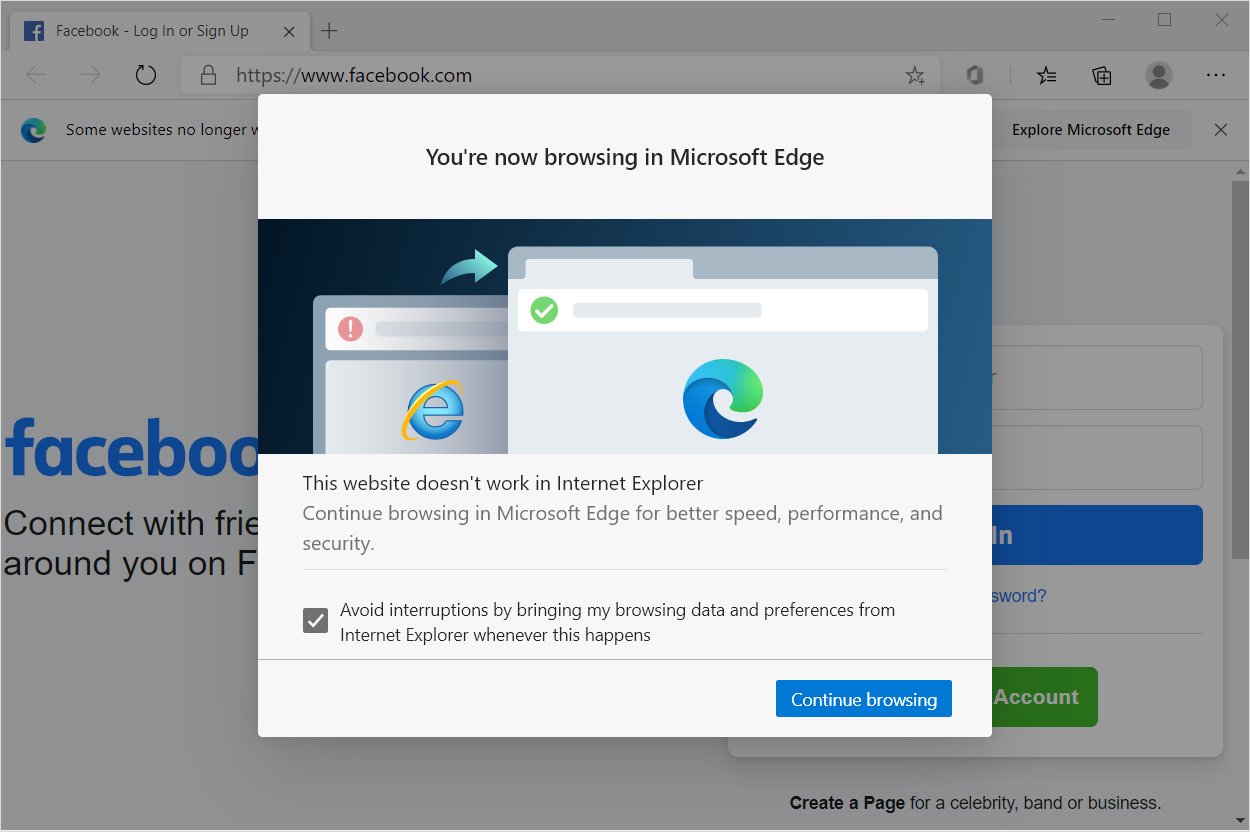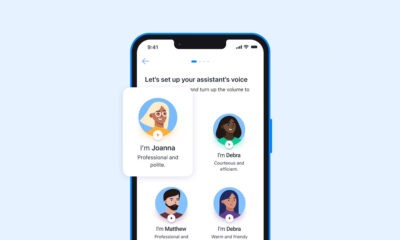News
Microsoft To Finally Retire Internet Explorer In 2022
Microsoft has been gradually phasing out Internet Explorer over the years by cutting it off from accessing some of its products, and promoting Microsoft Edge.

After more than 25 years of service, Microsoft has finally decided to retire its iconic web browser, Internet Explorer.
The official end of its support has been scheduled on June 15, 2022, and the few people who still rely on it are encouraged to switch to Microsoft Edge or some other modern web browser by that time.
“We are announcing that the future of Internet Explorer on Windows 10 is in Microsoft Edge,” writes Sean Lyndersay, Microsoft Edge program manager, in the official press release.
The announcement is great news for all web developers who still have to implement various compatibility hacks just to make their websites display well on Internet Explorer, whose web browser market share has been hovering around 1 percent lately, according to data from StatCounter.
Microsoft has been gradually phasing out Internet Explorer over the years by cutting it off from accessing some of its products, including Microsoft 365 online services, which will completely stop supporting the web browser beginning August 17, 2021.

“Not only is Microsoft Edge a faster, more secure, and more modern browsing experience than Internet Explorer, but it is also able to address a key concern: compatibility for older, legacy websites and applications,” Lyndersay adds.
Also Read: Snapchat Launches Its Spotlight Feature In The MENA Region
Indeed, Microsoft Edge has a built-in compatibility mode for legacy Internet Explorer-based websites and applications, including those that rely on ActiveX, a deprecated software framework that allows websites to provide interactive content such as videos and games.
The latest iteration of Microsoft Edge is actually based on Chromium, the open-source codebase for Google’s Chrome web browser. Because Edge and Chrome share the same codebase, they also support the same extensions and offer similar features. However, many independent tests show that Edge has the upper hand when it comes to performance, memory usage, and responsiveness.
News
Rabbit Expands Hyperlocal Delivery Service In Saudi Arabia
The e-commerce startup is aiming to tap into the Kingdom’s underdeveloped e-grocery sector with a tech-first, locally rooted strategy.

Rabbit, an Egyptian-born hyperlocal e-commerce startup, is expanding into the Saudi Arabian market, setting its sights on delivering 20 million items across major cities by 2026.
The company, founded in 2021, is already operational in the Kingdom, with its regional headquarters now open in Riyadh and an established network of strategically located fulfillment centers — commonly known as “dark stores” — across the capital.
The timing is strategic: Saudi Arabia’s online grocery transactions currently sit at 1.3%, notably behind the UAE (5.3%) and the United States (4.8%). With the Kingdom’s food and grocery market estimated at $60 billion, even a modest increase in online adoption could create a multi-billion-dollar opportunity.
Rabbit also sees a clear alignment between its business goals and Saudi Arabia’s Vision 2030, which aims to boost retail sector innovation, support small and medium-sized enterprises, attract foreign investment, and develop a robust digital economy.
The company’s e-commerce model is based on speed and efficiency. Delivery of anything from groceries and snacks to cosmetics and household staples is promised in 20 minutes or less, facilitated by a tightly optimized logistics system — a crucial component in a sector where profit margins and delivery expectations are razor-thin.
Despite the challenges, Rabbit has already found its stride in Egypt. In just over three years, the app has been used by 1.4 million customers to deliver more than 40 million items. Revenue has surged, growing more than eightfold in the past two years alone.
Also Read: Top E-Commerce Websites In The Middle East In 2025
CEO and Co-Founder Ahmad Yousry commented: “We are delighted to announce Rabbit’s expansion into the Kingdom. We pride ourselves on being a hyperlocal company, bringing our bleeding-edge tech and experience to transform the grocery shopping experience for Saudi households, and delivering the best products – especially local favorites, in just 20 minutes”.
The company’s growth strategy avoids the pitfalls of over-reliance on aggressive discounting. Instead, Rabbit leans on operational efficiency, customer retention, and smart scaling. The approach is paying off, having already attracted major investment from the likes of Lorax Capital Partners, Global Ventures, Raed Ventures, and Beltone Venture Capital, alongside earlier investors such as Global Founders Capital, Goodwater Capital, and Hub71.























